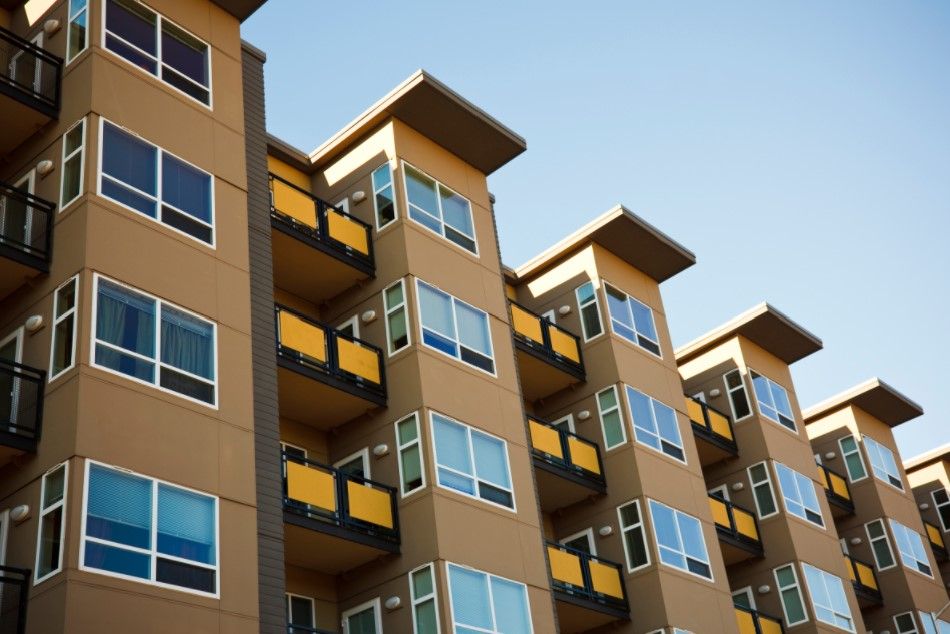What Rising Insurance Costs Mean for Home Values
In recent years, homeowners across the U.S. have been facing a growing concern: rising insurance premiums.

Securing a mortgage involves seemingly hundreds of moving parts. It is no surprise, then, if one or two of them go missing or prove to be defective. This can be especially true when a condominium unit serves as the subject property. Condo owners are not, after all, the total masters of their domains. Joining a home owners association (HOA) makes them more accountable and home value more dependent. Some of the mortar that joins them to their neighbors involves insurance -- more precisely, master insurance. Covering exterior walls and common areas, master insurance is a requirement when applying for home financing.
Basics of Master Insurance
The beneficiary of the master insurance policy is the HOA. Collecting dues from each owner, the HOA maintains the common property of the community, such as tennis courts, club house, pool, fitness center, HOA administrative office and parking areas. In addition, the outer walls of the building or buildings also fall under HOA jurisdiction. Therefore, claims made under the master insurance policy are made by the HOA and, of course, are paid to the HOA upon approval. Examples of such claims include:
A fire damages a meeting room.
A child is injured on the community playground, prompting a lawsuit from the parent.
Property is stolen from a general storage area.
Variations in master policies are often determined by the structural nature of the community, i.e. a high-rise building, townhomes or free-standing units. While all provide the HOA with liability coverage, they diverge with regard to damage repair and replacement.
For example, a "Bare Walls-In" policy covers the literal structure of the unit, i.e. the frame, the roof, the exterior, the piping, insulation and drywall. Left to the individual owner's responsibility are those things installed within the unit like fixtures and appliances, as well as personal property and furnishings.
An "All-In" policy embraces installations and appliances, though personal property is still the dweller's burden to bear. Those developments offering all-in master insurance will likely have higher monthly dues or, alternatively, cost more to purchase than equivalent units with bare walls-in coverage.
Do Condo Owners Need Individual Policies?
As noted, no master policy will provide for the replacement of furnishings or other possessions destroyed by fire, flood or other misfortune. Yet where does the master policy end and the homeowner policy begin? The two policy options referenced above give general boundaries of coverage but -- as the old adage goes -- the devil is in the details. This is why specificity in master coverage is important: the owner wants all the coverage needed -- but only the coverage needed. Buyers do well to examine the master policy before committing to their own policy.
Is Master Insurance Required for Financing?
Banks and mortgage companies are always very concerned with their collateral, i.e. the subject property. If destruction were to come to it, there would be no property to re-possess in the event mortgage payments cease. So, lenders are scrupulous about the right insurance relative to home value being in place before a loan is closed. Most lenders follow the Fannie Mae guidelines on master insurance: 100 percent replacement cost for dwellings and common areas; an individual homeowner's policy if the master coverage is not all-in; the lender must be named in the declarations as a mortgagee along with the HOA as the loss payee; and a policy term that expires after the first mortgage payment date. Incorrect, out of date or insufficient master policy declarations can delay a closing until the HOA forwards updated information.